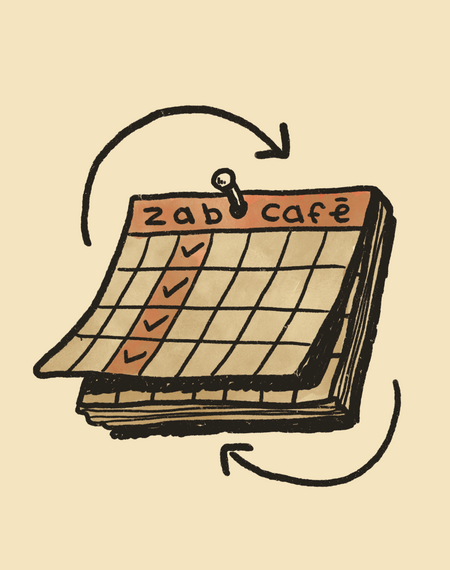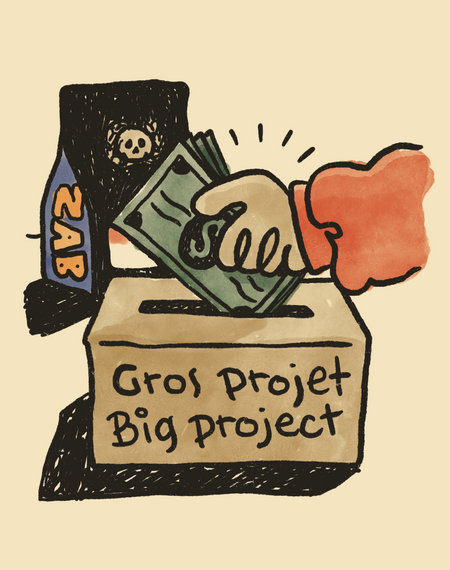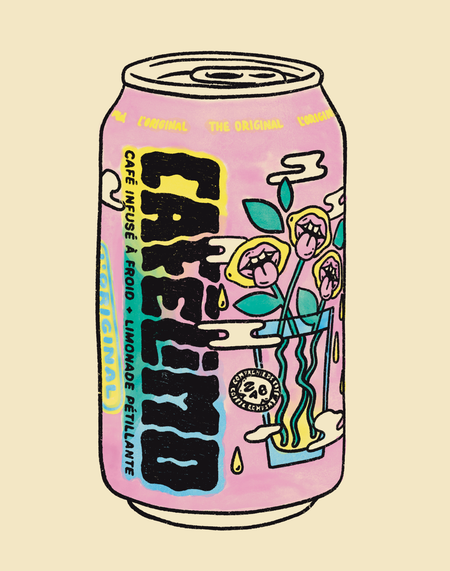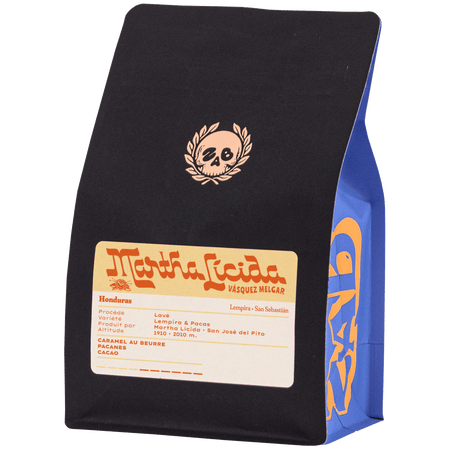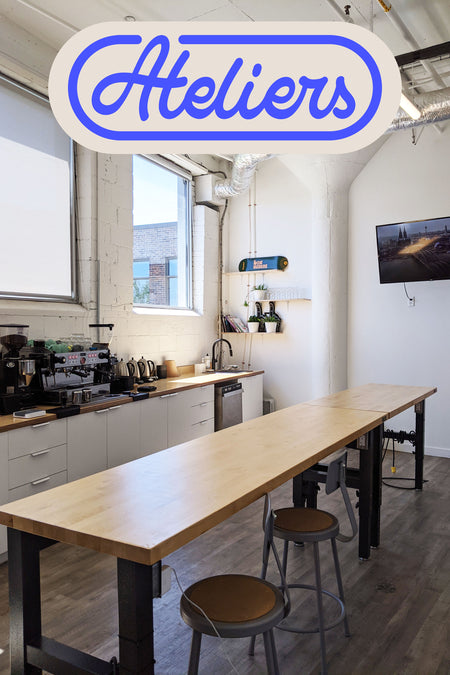Country
The optimal location for growing coffee is in the equatorial zone, between the Tropic of Cancer and the Tropic of Capricorn, commonly known as the coffee belt. The majority of countries in this region, which encircles the planet like a belt, offer ideal conditions for the specific growing needs of Arabica coffee.
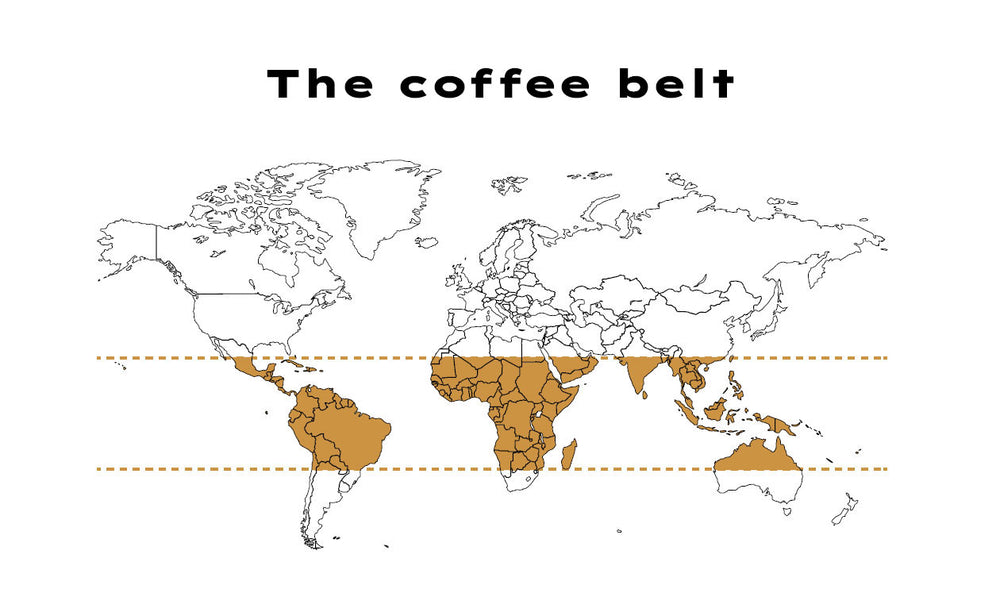
Region
Each region offers a specific terroir that exerts a significant influence on the taste of coffee beans. This is why, in the world of specialty coffee, it is valuable to have batches of coffee that come from a particular region, in order to directly observe the influence of the terroir on the coffee varieties.
The processes
Coffee is the pit of a fruit – a cherry! The process refers to the extraction of the coffee bean from its cherry as well as the drying of it, in order to roast it and taste it. The impact of the processes on flavor is significant. There are three basic processes: the natural process, the washed process and the honey/natural pulped process.
Producer vs. Co-op
It is possible to collaborate directly with small or large farms through exporters and importers. Small producers can also organize themselves into cooperatives or be affiliated with a washing station to process their cherries and combine the sales of their coffee beans with those of other members.
Variety
Arabica coffee is divided into a multitude of different varieties, which contribute to the significant distinctions in tasting notes. Many of these varieties were created by farmers and breeders to adapt them to different climatic conditions; others are natural mutations discovered in coffee plantations.
Altitude
High altitude results in lower temperatures, promoting slower fruit development. The higher the altitude, the more complex and dense the fruit becomes, while also developing greater acidity. Conversely, lower altitudes produce a coffee with a more classic and rounded profile.
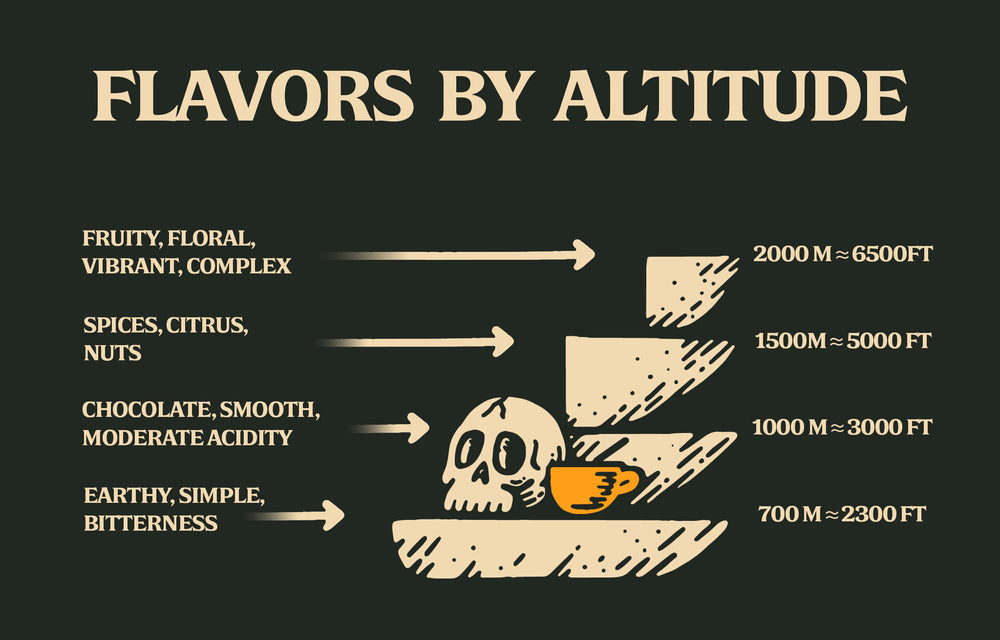
Tasting notes
Coffee is an extremely complex and aromatic beverage. Identifying specific tasting notes for each coffee allows for comparison between beans or guides consumers toward those that match their preferences. Nothing is added… we're talking about flavors naturally developed within the coffee bean.
Date
Freshly roasted coffee contains gases that can alter its flavor. For optimal results, it's important to let the coffee rest for about three weeks after the roasting date, allowing it to release its gases. After these three weeks, the aromas will gradually diminish without becoming rancid.

